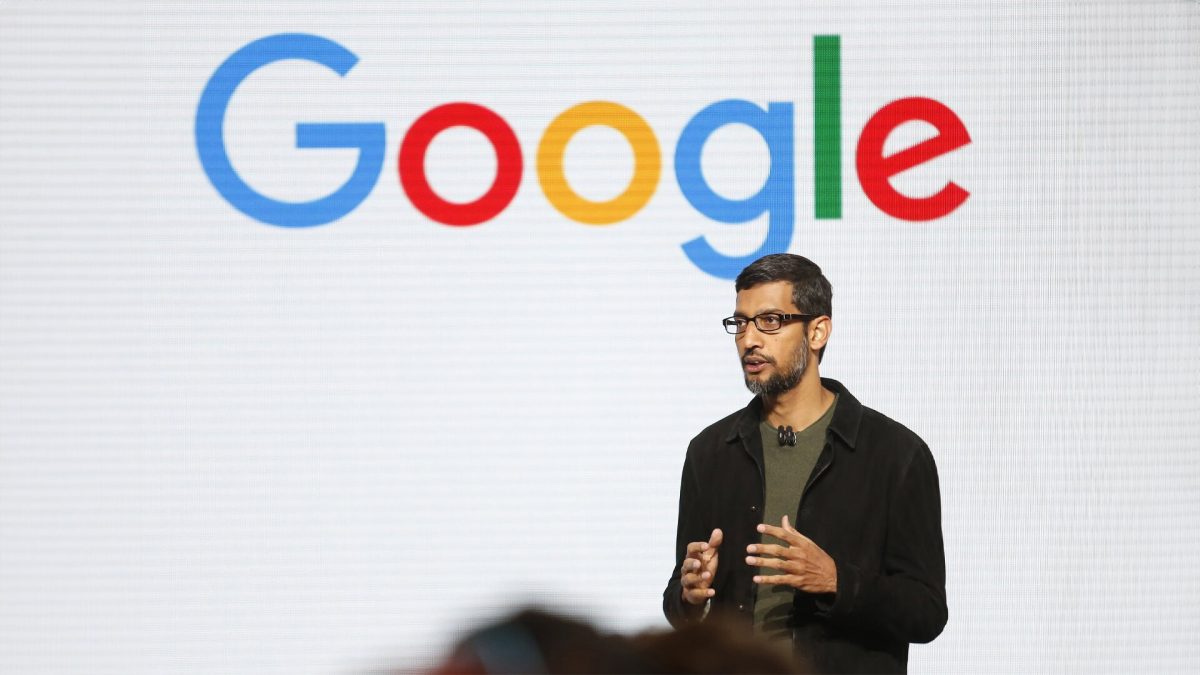The long-running US antitrust battle against Alphabet’s Google over its dominance in online advertising has reached its final stages. Closing arguments were presented in a federal court in Alexandria, Virginia, with the Justice Department (DoJ) and Google making their last attempts to sway US Judge Leonie Brinkema.
The case centres on allegations that Google unlawfully monopolised multiple facets of the online ad market, including publisher ad servers, advertiser ad networks, and ad exchanges, which mediate between advertisers and publishers.
DoJ’s accusations of a rigged Ad ecosystem
The DoJ argues that Google manipulated the online advertising ecosystem to maintain its dominance and eliminate competition. DoJ lawyer Aaron Teitelbaum accused Google of “rigging the rules of the road,” describing the company as a monopolist in several key areas of the ad tech market. Prosecutors urged the court to hold Google accountable, alleging that its practices harmed publishers and advertisers by restricting options and inflating costs.
Julia Tarver Wood, another DoJ lawyer, characterised the trial as a pivotal moment for deciding the future of the ad market, framing the dispute as a choice between competing narratives — Google’s portrayal of a competitive market versus the DoJ’s claim of monopolistic control.
Google’s Defence: A competitive market
Google’s legal team, led by Karen Dunn, pushed back against the DoJ’s claims, asserting that prosecutors failed to meet the legal burden of proof. Dunn argued that the government’s case relied on a narrow view of the online advertising market, ignoring broader competition and the legitimacy of Google’s business decisions. According to Google, the market remains robust, with fierce competition from rivals.
The tech giant also pointed to its consistent innovations and business efficiency, arguing that the government’s demands would punish success rather than foster fair competition. Google’s defence emphasised that its actions fell within the boundaries of antitrust law, calling the DoJ’s case an overreach.
Potential fallout for Google
If the court rules against Google, Judge Brinkema will consider the DoJ’s request for structural remedies, including the forced sale of Google Ad Manager. This platform comprises Google’s publisher ad server and ad exchange, both central to the case. While such measures could disrupt Google’s advertising business, analysts view this case as less financially threatening than a separate DoJ antitrust trial concerning Google’s search monopoly, which could lead to the sale of its Chrome browser.
Notably, this isn’t Google’s first offer to divest portions of its ad business. In response to a European Union investigation earlier this year, Google proposed selling its ad exchange, but the offer was rejected by European publishers as inadequate.
Broader implications
The trial marks another high-profile antitrust challenge for Google, as governments worldwide scrutinise its business practices. For publishers and advertisers, the case could redefine how they interact with online ad platforms. If the DoJ succeeds, it could signal a shift in how tech giants are held accountable, potentially reshaping the digital advertising landscape.
A ruling is expected soon, and it could have far-reaching consequences for Google’s ad empire and the broader tech industry. Meanwhile, Alphabet’s shares rose 1.4 per cent amid the closing arguments, reflecting investor confidence despite the legal uncertainties.
)